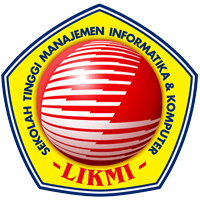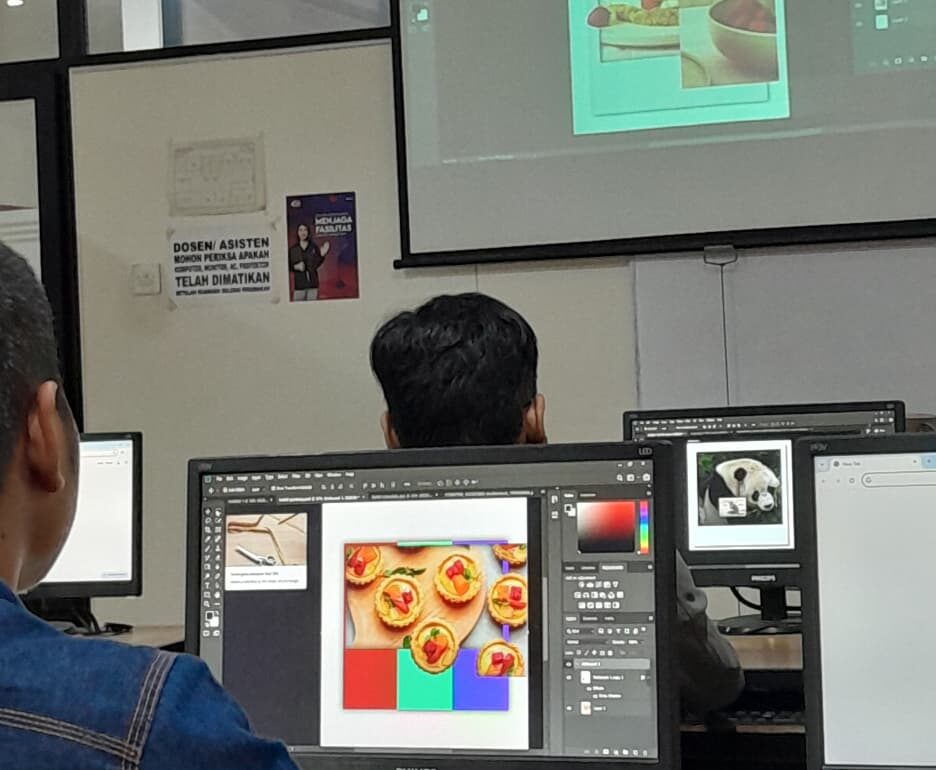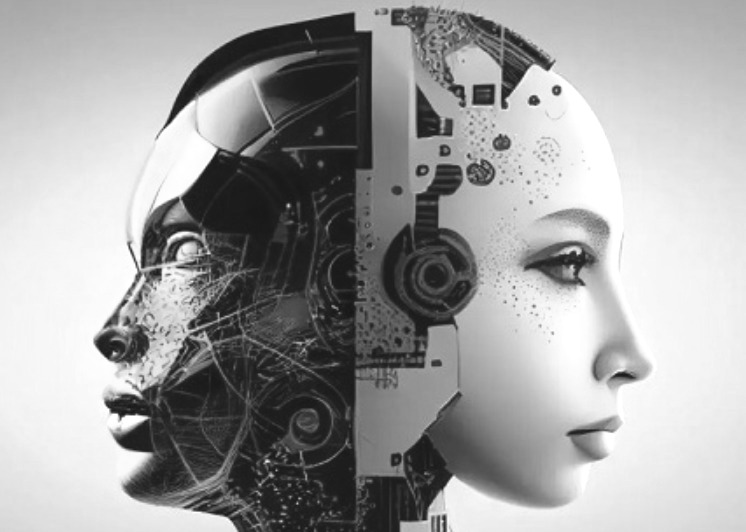At the time of this writing, there have been more than 13 million cases of coronavirus (COVID-19) worldwide. While some patients experience only mild symptoms, others face dire side effects and some even lose their lives; to date, the death toll from the virus has surpassed half a million. In an effort to prevent an even higher rate of infection and further mortalities, technology has become an integral tool in testing, tracking active cases, and reducing one’s susceptibility to contracting the virus.
Here are some of the key technologies helping global health professionals and members of the general public do exactly that.
Temperature assessment technology
Non-contact temperature assessment technology, such as contactless thermometers or thermometer guns, have been instrumental in assessing people’s temperatures upon entry to airports, clinics, and many other types of venues. Such devices use temperature sensors, such as Pyrosales temperature sensors, to measure an individual’s temperature in a quick and accurate manner.
While these devices cannot determine if an individual is or is not infected with COVID-19, they can indicate if a person is running a fever, which is one of the common symptoms of the virus and can therefore aid in flagging those who need to undergo testing.
Contact tracing software
Additionally, Apple and Google announced in April 2020 that they were developing a software for smartphones that would notify people if they were recently in contact with someone who was infected with the virus. The software, which the tech giants hope to release in a few months, would be a significant technological step in facilitating contact tracing. With the tool, infected individuals would notify a public health app that they have the virus, which would then alert phones that had come into recent proximity with that person’s device.
Air filters
Recently, researchers from the University of Houston created a virus-trapping air filter device that could potentially eliminate SARS-CoV-2 strains within an enclosed area. Unlike most air filters, this device is capable of reaching 392 degrees Fahrenheit and uses a nickel foam to trap the virus from coming out of the aircon. Once it enters the air filter, the virus is trapped inside and heated, which could kill 99.8% of the virus, according to researchers.
UV Sterilizers
Sterilization is a vital step in killing the germs that contribute to the spread of COVID-19. Given how many of these germs our phones carry, it’s all the more important to sterilize our phones to lower our risk of contracting the virus. Samsung has recently introduced a new device that could help do exactly that.
On Tuesday, July 7, Samsung unveiled their own UV sterilizer, boasting its capacity to kill 99% bacteria and germs on a phone within 10 minutes of charging. Although there is currently limited evidence to prove UV light’s efficacy in combating COVID-19 specifically, The National Academies of Sciences Engineering Medicine stated that there is a likelihood UV light could erase viruses like SARS-CoV-2 off of cell phones.
The COVID-19 pandemic has necessitated the development of technologies that can aid the global population in mitigating its repercussions. Temperature assessment devices, contact tracing software, air filters, and UV sterilizers are just a few examples of newly developed technological advances that are contributing to the achievement of this goal. Given that COVID-19 will likely remain a part of our day-to-day reality for the foreseeable future, it seems equally likely that we will see the continuous emergence of new technologies designed to combat the virus.
Source : https://www.techtimes.com/articles/251369/20200724/the-role-of-technology-in-tracking-combatting-and-mitigating-covid-19.htm














